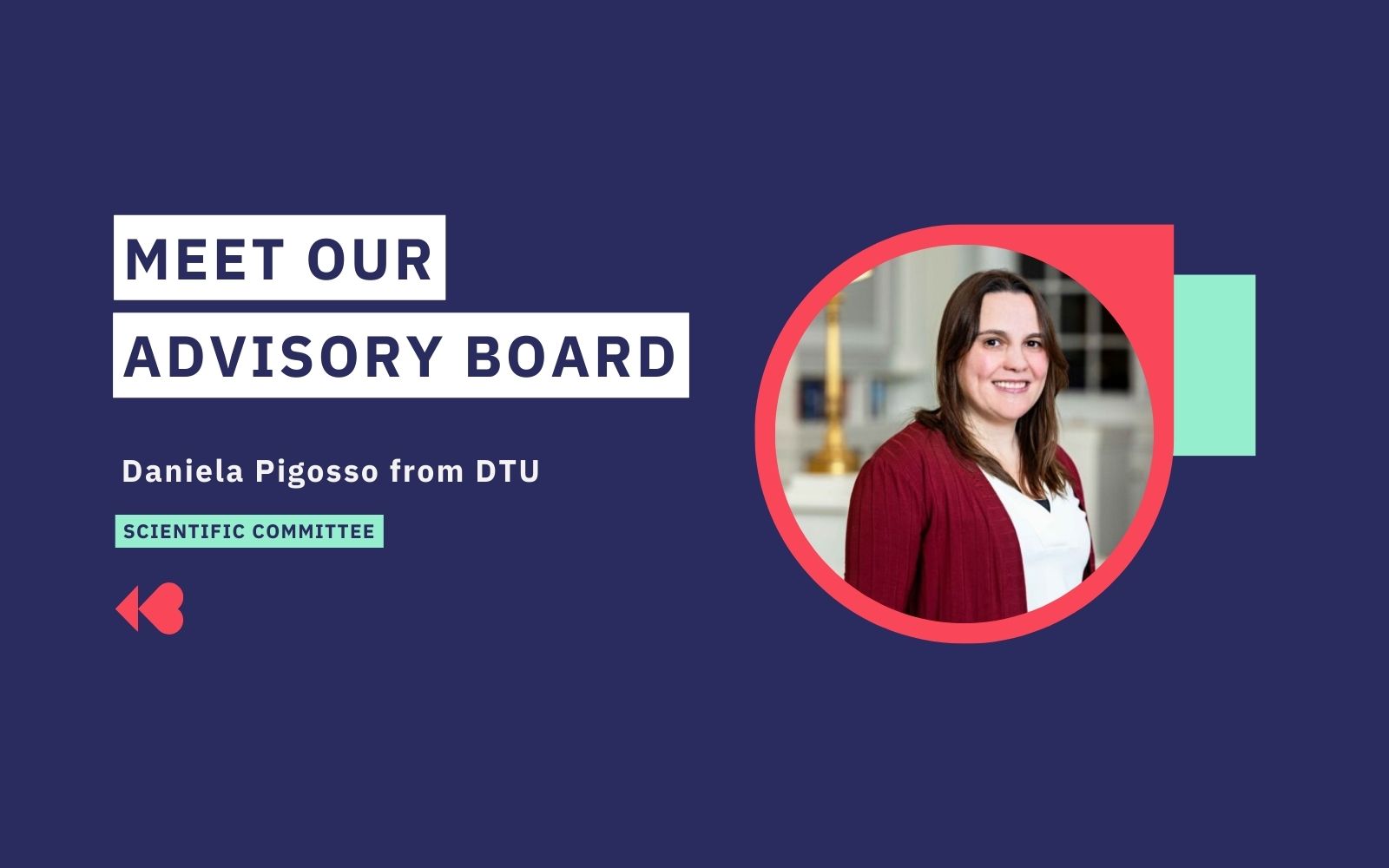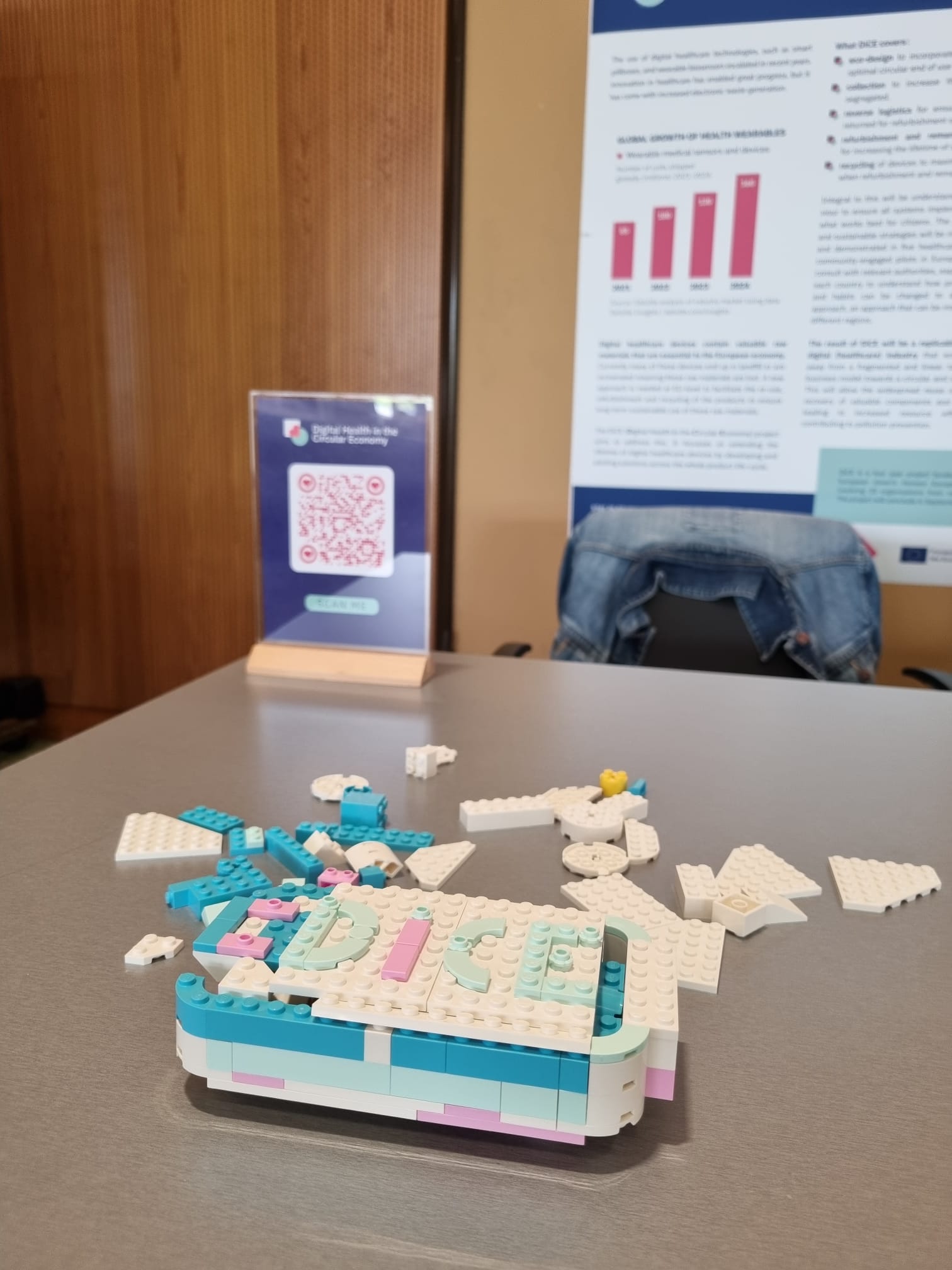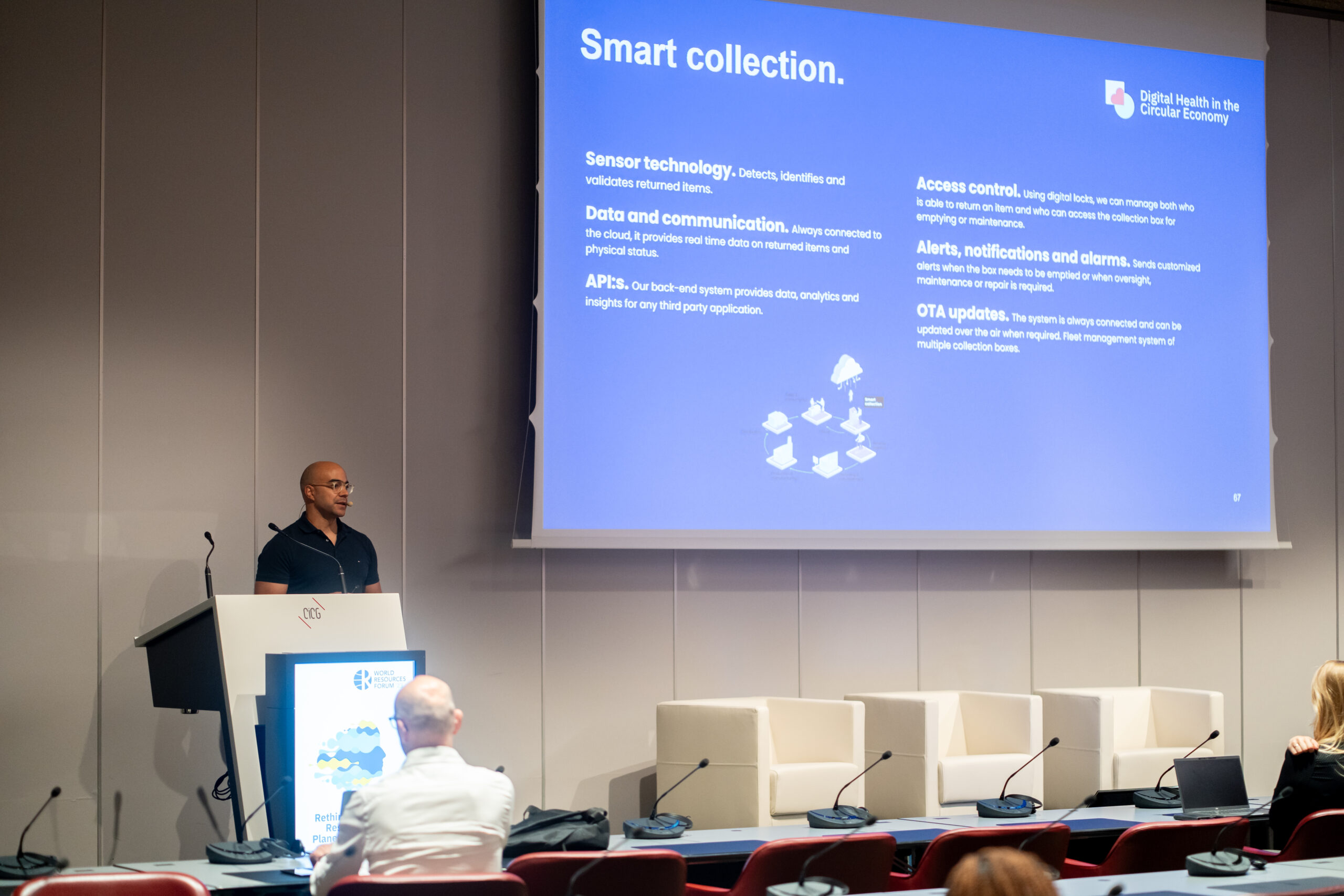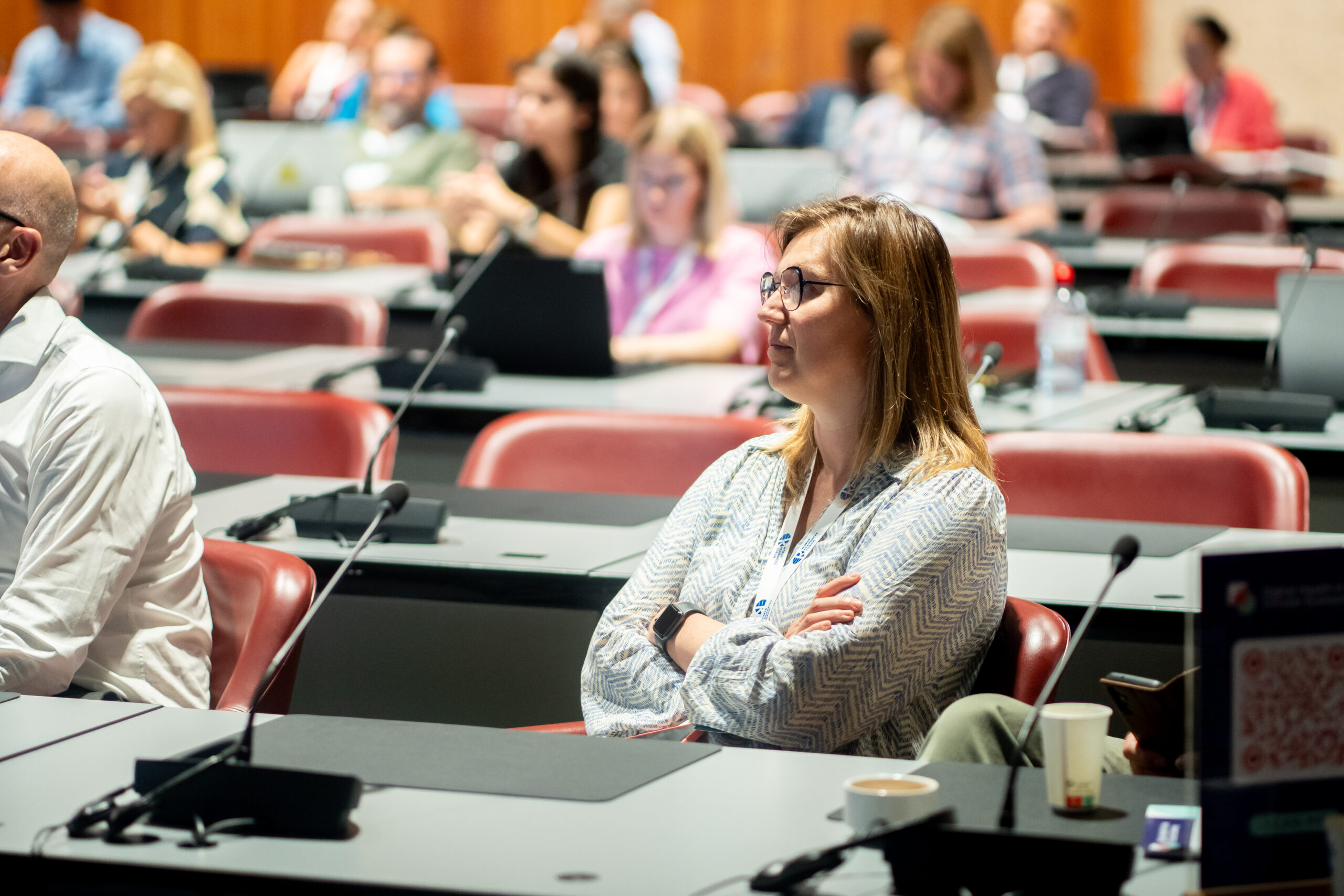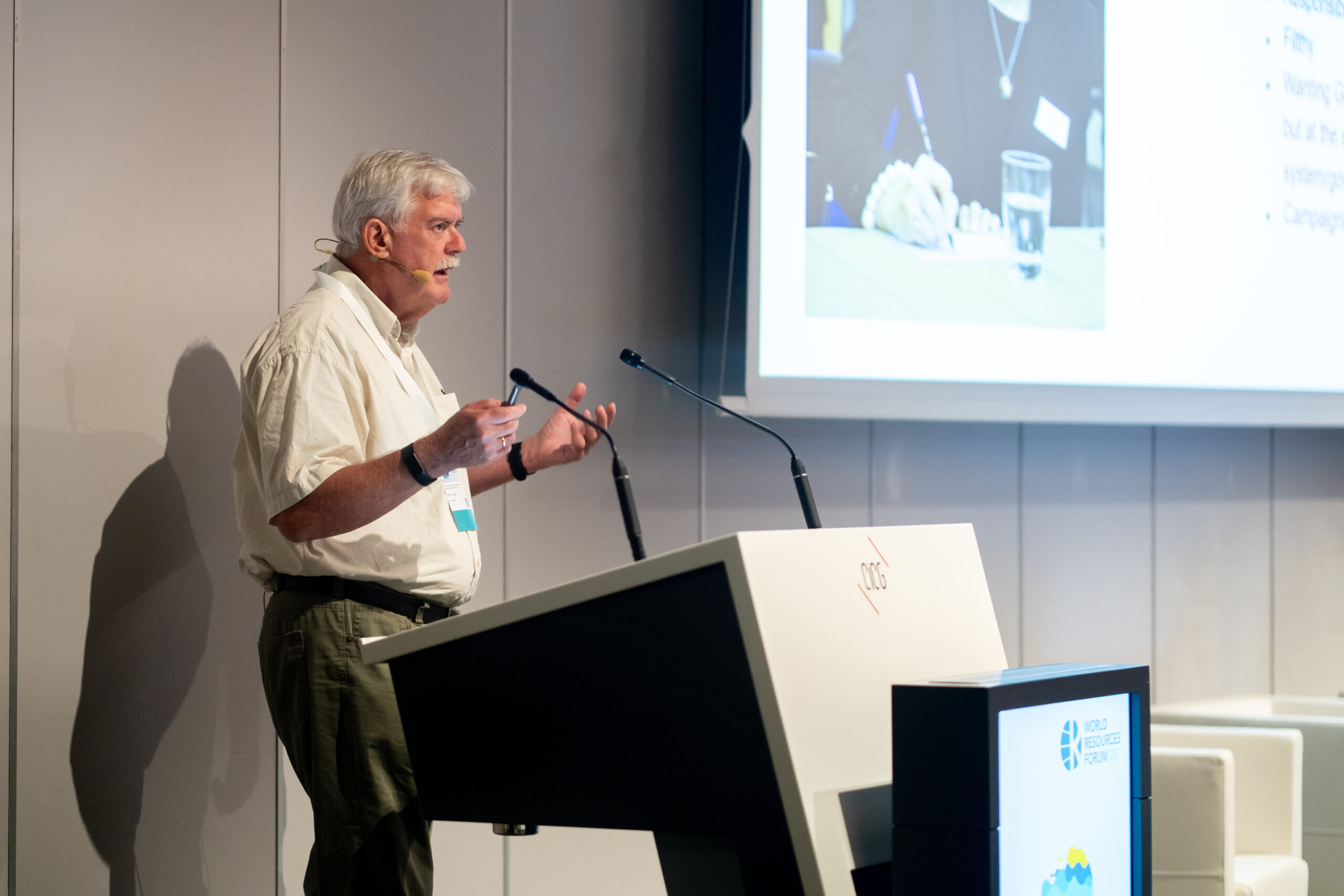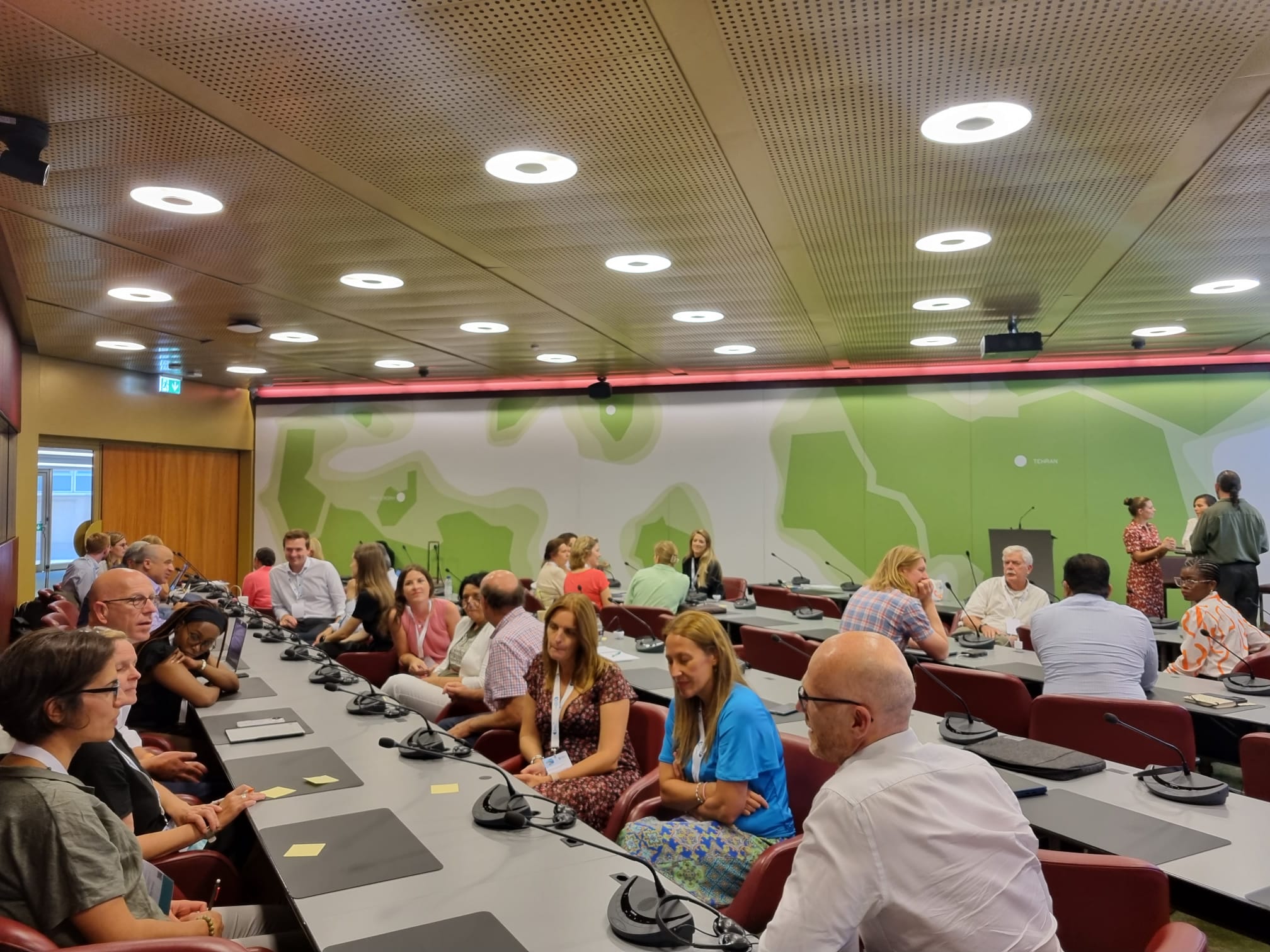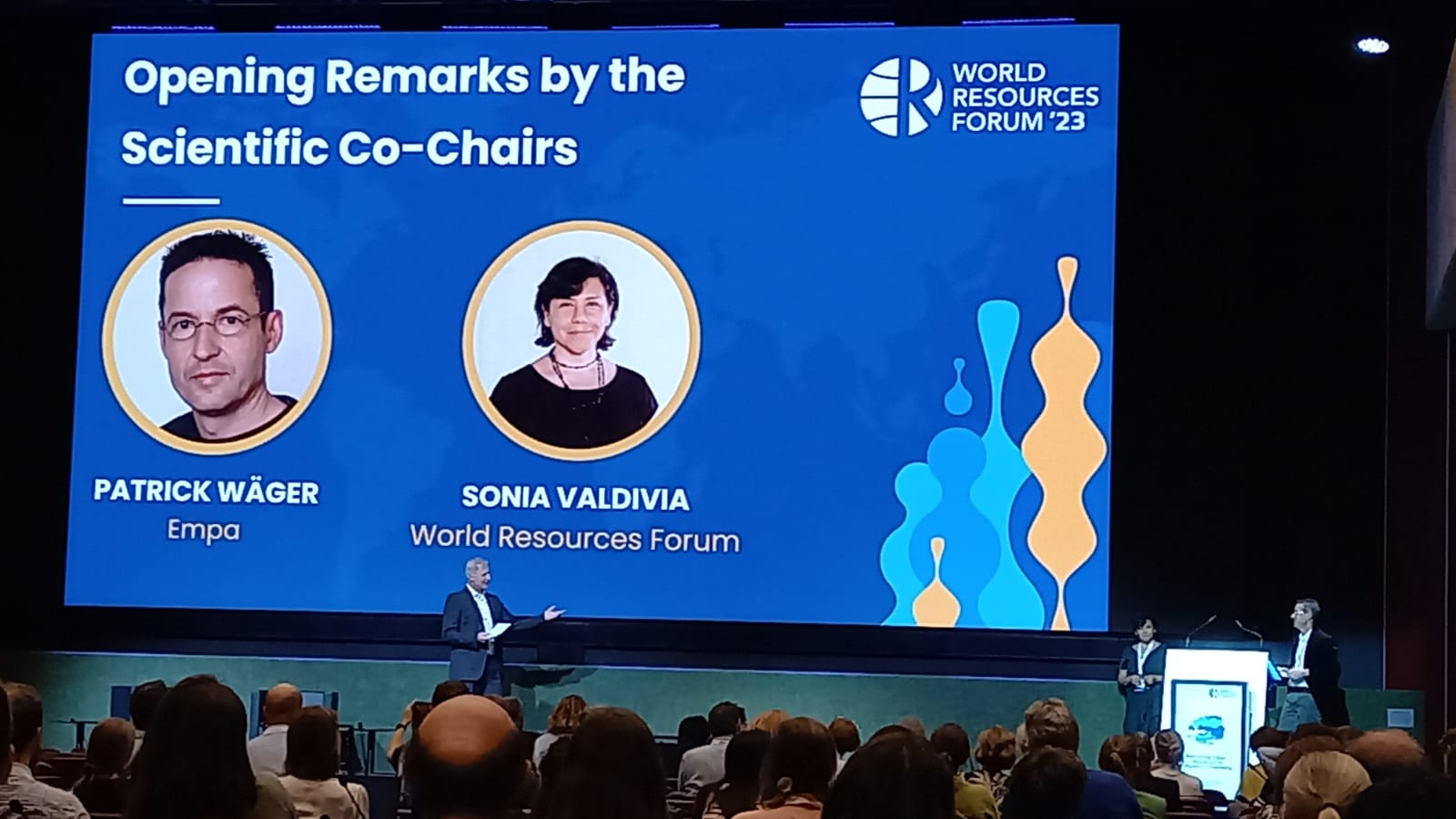With over 15 years of experience in sustainability science, Daniela Pigosso is passionate about advancing the knowledge and practice of sustainable design, rebound effects and circular economy. As Associate Professor at the Technical University of Denmark (DTU), she leads several research, teaching and innovation activities including REBOUNDLESS, an ERC Consolidator Grant project that aims to enable a paradigm shift in design science for preventing rebound effects by design. She has also been involved in several professional networks and boards, such as The Design Society, ASAP Service Management Forum, System Dynamics Society, and the Biomimicry Institute.
Passion for Sustainable Design: Have you always intended to work in this industry?
I’ve always been passionate about minimising the potential environmental impacts of products before they happened, through sustainable design. Over the past years, I’ve been working across several different industries, from cosmetics and white appliances to medico and airspace. My interest in working with the healthcare industry emerged with the realisation of the high impact of the ever-increasing use of single-use devices.
Was there an outstanding moment where your path diverged, and you realised the importance of your profession?
My path in sustainable design started when I realised that ca. 80% of all environmental impacts across the products’ life cycle occur due to decisions taken during the early stages of product development. Circularity emerged as a promising approach to decouple value creation from resource consumption, through business model innovation and value chain collaboration. Over time, I’ve also realised the need to prevent the rebound effects of sustainable and circular solutions, to ensure that all the potential sustainability benefits are in fact achieved.
What do you see as the biggest challenge in the circularity of digital health devices today?
The primary challenge is shifting the prevailing linear mindset in the healthcare sector towards a circular mindset, which can lead to long-term benefits for patients and society as a whole. Managing the potential trade-offs between circularity, patient safety and treatment effectiveness is also key.
How would you overcome this challenge?
By demonstrating that the incorporation of circular design principles and business models can not only lead to decoupling value creation from resource consumption, but also to better and safer treatment approaches.
How does your expertise relate to DiCE?
My expertise in sustainable design, circular economy and rebound effects strongly aligns with DiCE’s goals, particularly in championing circular practices within the digital health sector.
What do you expect from DiCE? How will it change the “sustainability landscape”?
DiCE is poised to steer the healthcare sector away from a linear “take-make-waste” model toward a circular one. Through testing end-of-life product solutions, DiCE will contribute to enhanced circularity of components and materials, ultimately reducing environmental impact in healthcare.

